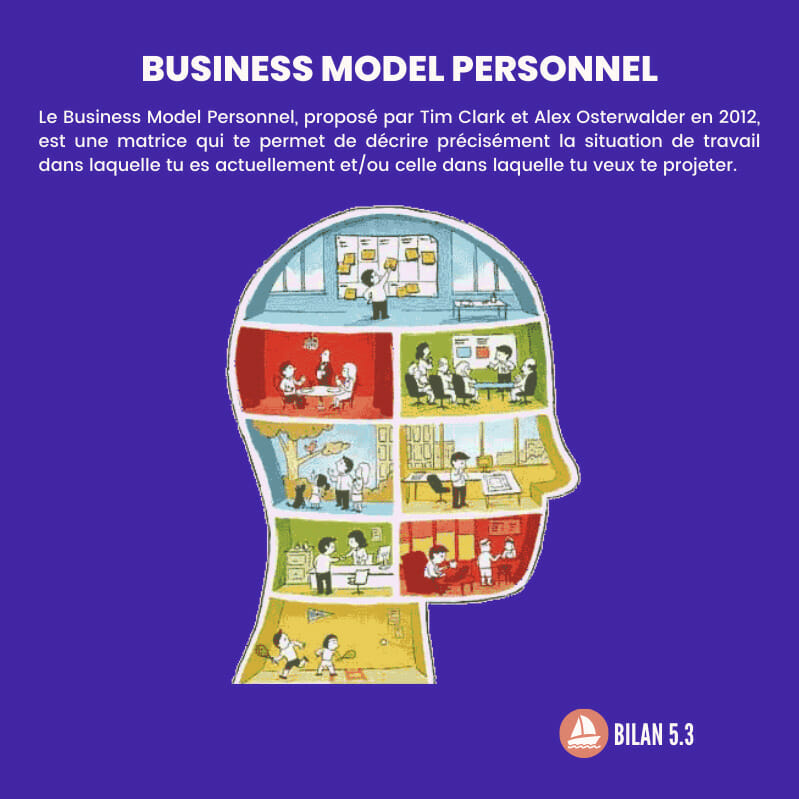The wish of London researchers to make virtual reality a therapeutic tool is on the way to becoming reality. University College of London had praised in February 2016 the potential of helmets virtual reality (VR) to treat depression, at the end of a conclusive experiment on fifteen patients. It remained to materialize these first tests by developing specific programs. It is now almost done since a Lithuanian company has just received European funding to develop mental health applications for virtual reality glasses. These would be designed in collaboration with universities.
“With virtual reality, you can create audiovisual therapies for phobics, in a secure environment”, justifies AFP Algirdas Stonys, CEO of software designer Telesoftas, who spoke at the World Congress of Mobile Telephony (MWC ) on the closing day of the event on Thursday March 2 in Barcelona.
Of many phobias could be defeated with the help of virtual reality. It would suffice to gradually expose the patient to his own fears by immersing him in an environment that refers to them. For example, someone who is afraid of flying would end up on a plane when taking off or landing. A person who fears snakes would come face to face with these creatures he dreads.
Virtual reality as mental therapy, a future business?
The virtual reality sessions would be part of a therapeutic course supervised and accompanied by a trained psychotherapist. A Spanish company already offers turnkey applications to psychotherapists who can then download them to VR headsets and then select the specific environment adapted to each patient.
Several American start-ups are currently working on the development of other programs that could eventually treat depression, obsessive-compulsive disorders, post-traumatic stress, or even addictions like tobacco or alcohol.
Read also: An operation filmed at 360 ° and filmed in virtual reality
Alcoholism soon to be treated by virtual reality















